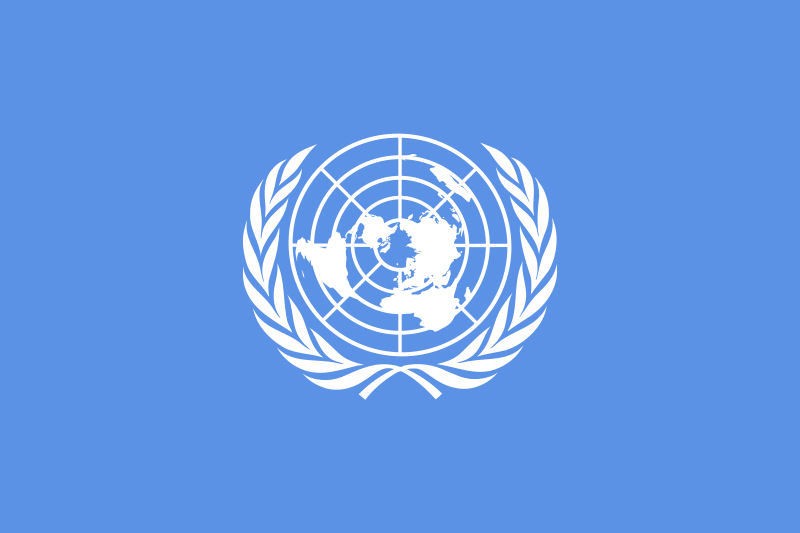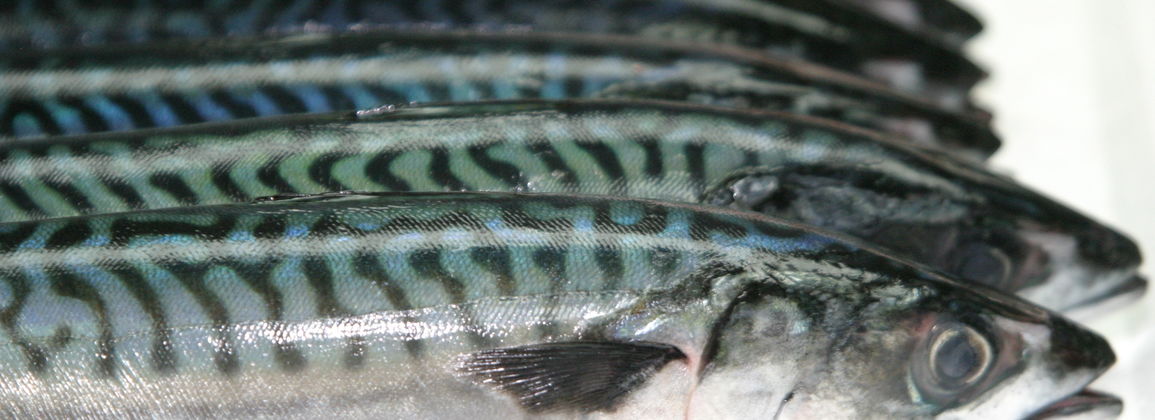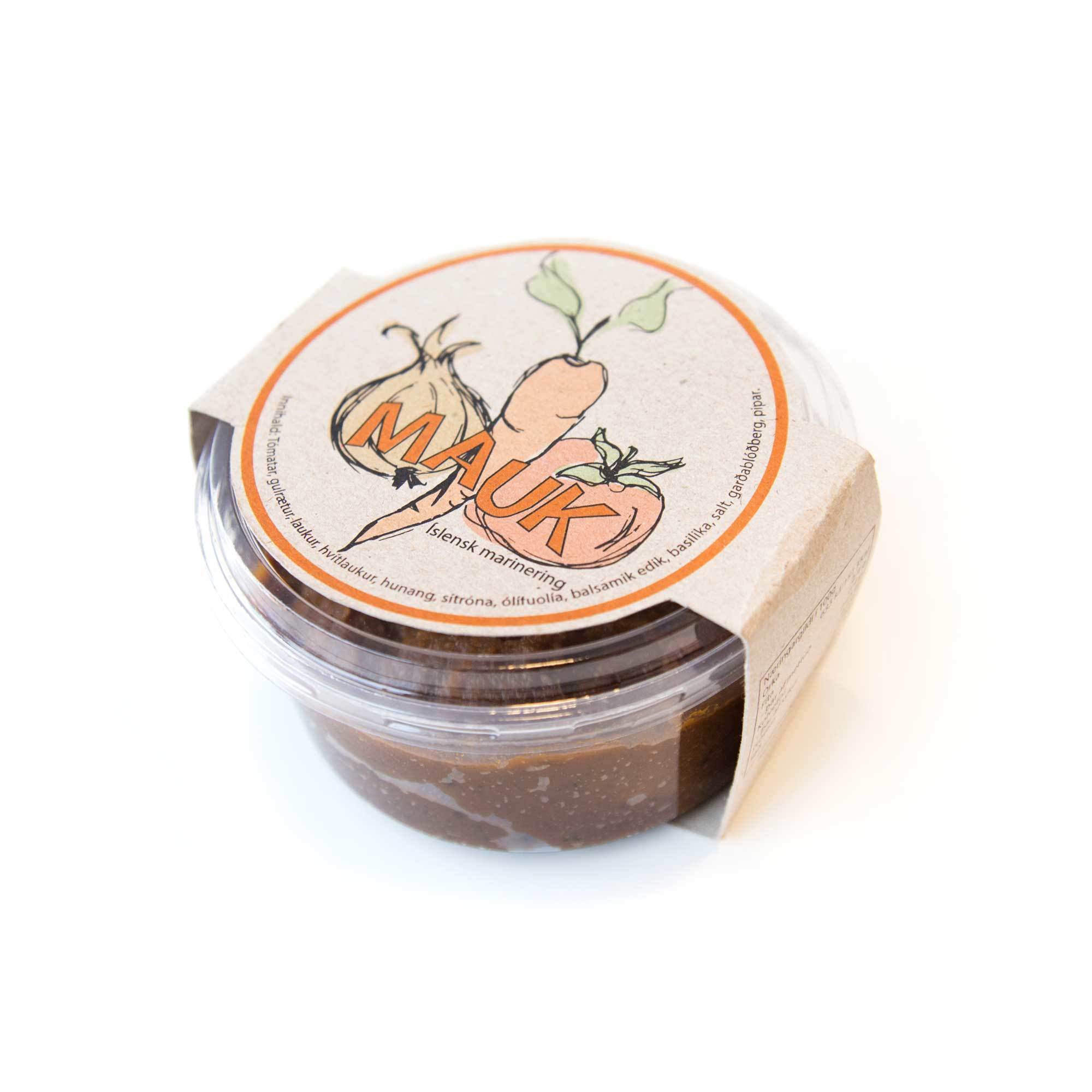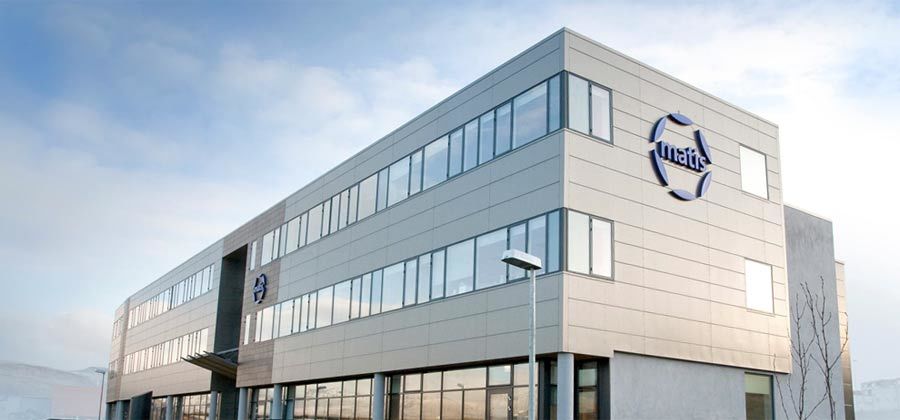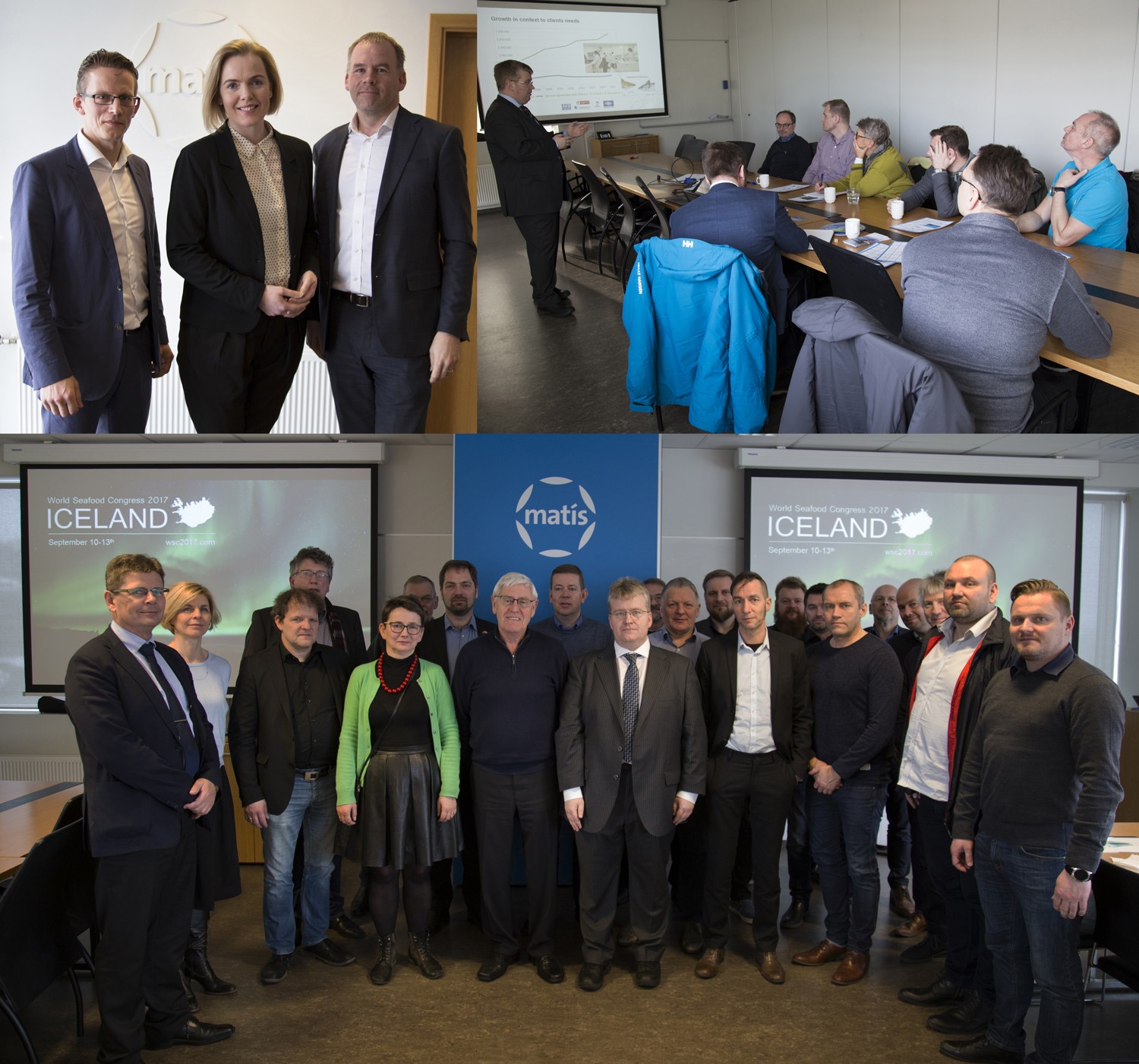Development cooperation in Matís' operations
Matís og Rannsóknastofnun fiskiðnaðarins þar á undan hefur verið samstarfsaðili um kennslu í Sjávarútvegsskóla Háskóla Sameinuðu þjóðanna, UNU-FTP, frá upphafi starfsemi […]
Development cooperation in Matís' operations Nánar »
